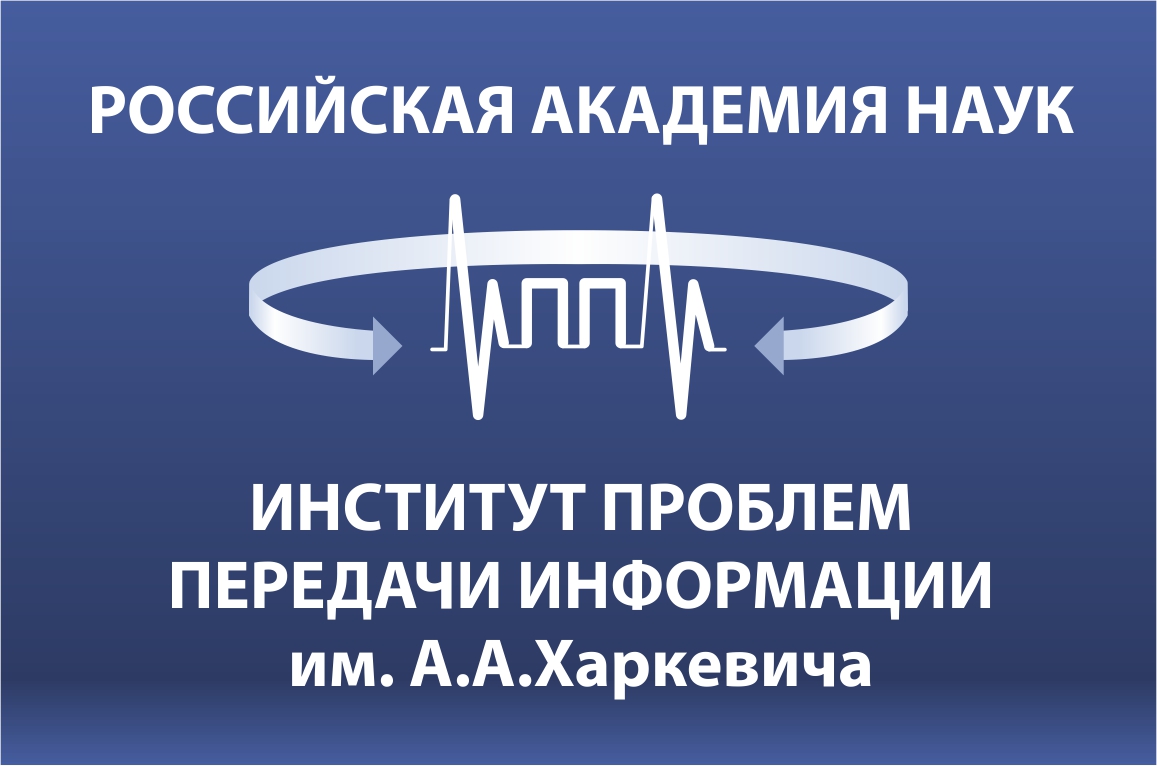В понедельник 24 мая в 15-00 в Конференц-зале Института на 6 этаже состоятся доклады двух известных зарубежных специалистов в области искусственного интеллекта и компьютерной лингвистики - профессора Йорика Уилкса (Yorick Wilks, Оксфордский и Шеффилдский университеты, Великобритания) и Иоакима Нивре (Joakim Nivre, Стокгольмский и Уппсальский университеты, Швеция). Оба коллеги приезжают в Москву для участия в открывающейся 26 мая конференции "Диалог".Оба доклада читаются на английском языке. Продолжительность каждого из докладов - 30-40 минут.
Проф. Уилкс выступит с сообщением на тему
"Is a Companion a distinctive kind of relationship with a machine? "Компьютерный робот-помощник - особый тип взаимодействия с машиной"?
Abstract
I start from the perspective of the EC COMPANIONS project, and set out its aim to model a new kind of human-computer relationship based on long-term interaction, with some tasks involved although the Companion is not inherently task-based, since there need be no stopping point to its conversation. Some demonstration of its functionality will be given but the main purpose here is an analysis of what it is people might want from such a relationship and what evidence we have for whatever we conclude. Is politeness important? Is an attempt at emotional sympathy important or achievable? Does a user want a consistent personality in a Companion or a variety of personalities? Should we be talking more in terms of a "cognitive prosthesis (or orthosis)?" ---something to extract, organize, and locate the user's knowledge or personal information---rather than attitudes?
Йоаким Нивре выступит с сообщением на тему
Parsing Natural Language Text "Синтаксический анализ текста на естественном языке"
Abstract
The notion of "parsing" in linguistics and computer science, ultimately derived from the grammar school tradition, can be interpreted in at least two distinct ways. The first interpretation, which I will call "grammar parsing", refers to the formally well-defined problem of computing the derivation of a string in a formal grammar. The second interpretation, which I will call "text parsing", refers to the problem of computing a grammatical analysis for a given piece of text in some natural or artificial language. In this talk, I will argue (i) that text parsing is not a formally well-defined problem but an empirical approximation problem, (ii) that it therefore requires evaluation criteria that are different from the ones standardly used for grammar parsing, and (iii) that text parsing does not have grammar parsing as a necessary component. I will then go on to present in broad outline an approach to text parsing for natural language that makes no use of a formal grammar but generalizes directly from grammatically analyzed sentences.
| 14.05.2010 | |











